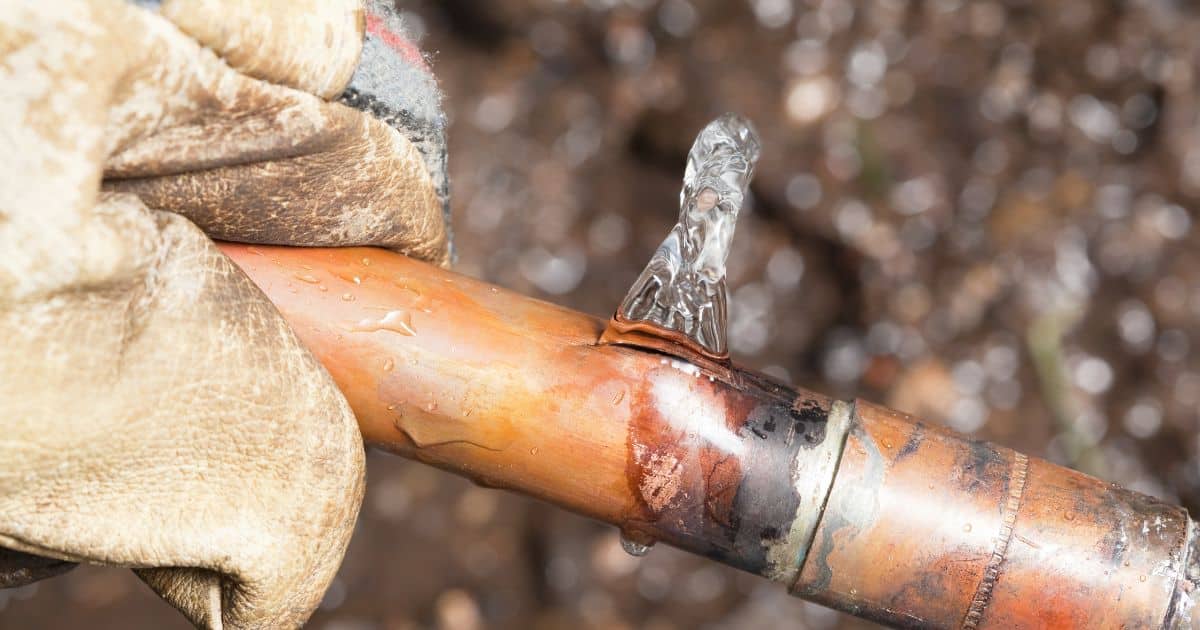901 755 4797
Your Pipes froze and then burst. What do you do next?
Winter can be a beautiful season, but it can also bring its own set of problems for homeowners. One of the biggest issues is dealing with frozen and burst pipes. If you’re not prepared and don’t know what to do, it can be a stressful situation. In this blog post, we will discuss what to do when pipes freeze and burst.
Are your pipes actually frozen?
The first step is to identify whether or not your pipes are actually frozen. You can do this by checking for signs like frost on the pipes, no water coming out of your faucets, or strange noises coming from the pipes. If you suspect that the pipes are frozen, the next step is to thaw them. You can do this by using a hair dryer or heat lamp and make sure to start at the end of the pipe closest to the faucet.
If you’re unable to thaw the pipes on your own, you should contact a plumber right away. They will be able to safely thaw the pipes and assess the damage. In some cases, the pipes may be too damaged to repair and will need to be replaced.
If your pipes burst
If your pipes have already burst, the first step is to turn off your water supply to prevent any further damage. Then, you should contact a plumber to assess the damage and make any necessary repairs. In some cases, it may be necessary to replace the entire pipe.
Once the repairs have been made, there are some steps you can take to prevent future pipe problems. First, make sure to keep your home at a consistent temperature to prevent pipes from freezing. You should also insulate any exposed pipes, especially those in unheated areas like garages and basements. Additionally, be sure to check for any leaks or cracks in pipes, and repair them promptly.
Call us if you have any plumbing issues
In conclusion, it’s important to know what to do when pipes freeze and burst. The most important step is to identify whether or not the pipes are actually frozen and then thaw them safely. If the pipes are too damaged to repair, you should contact a plumber to replace them. Finally, make sure to take steps to prevent future pipe problems by keeping your home at a consistent temperature and checking for any leaks or cracks. Remember, when it comes to your pipes, it’s better to be safe than sorry.


